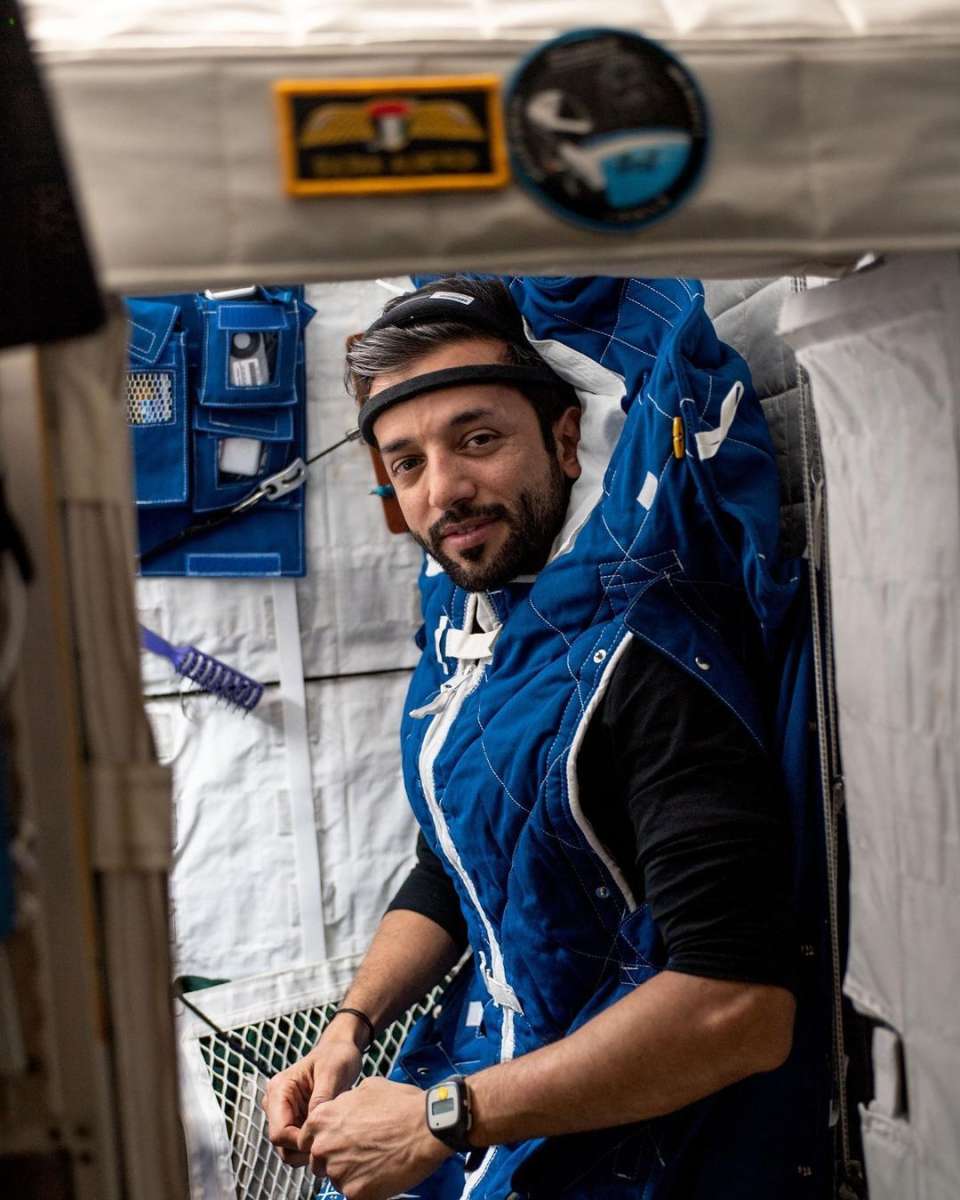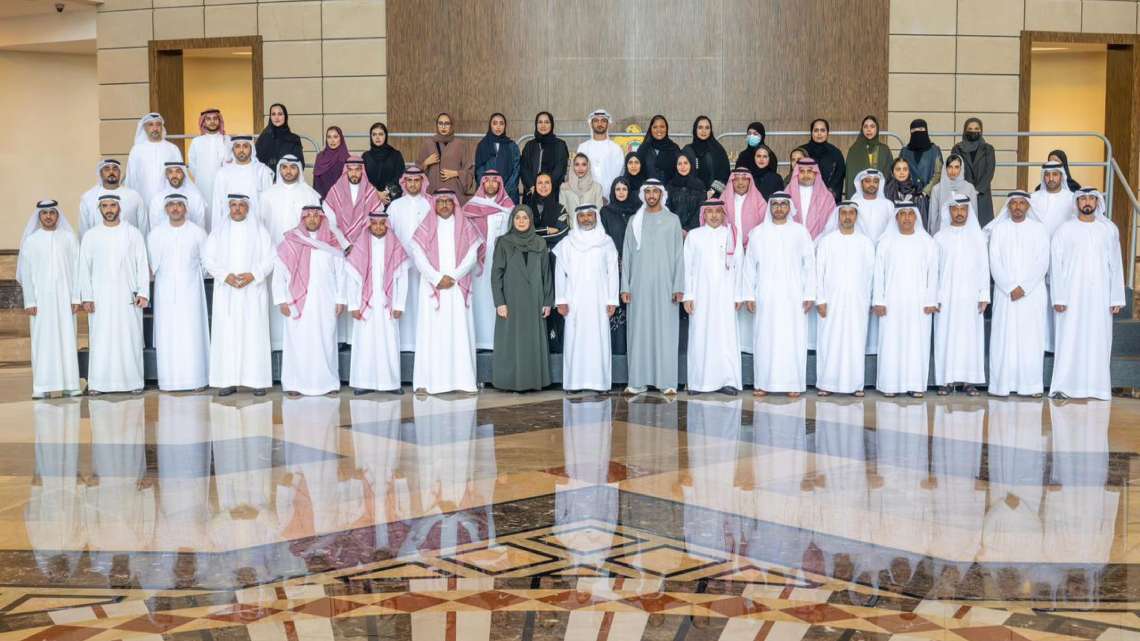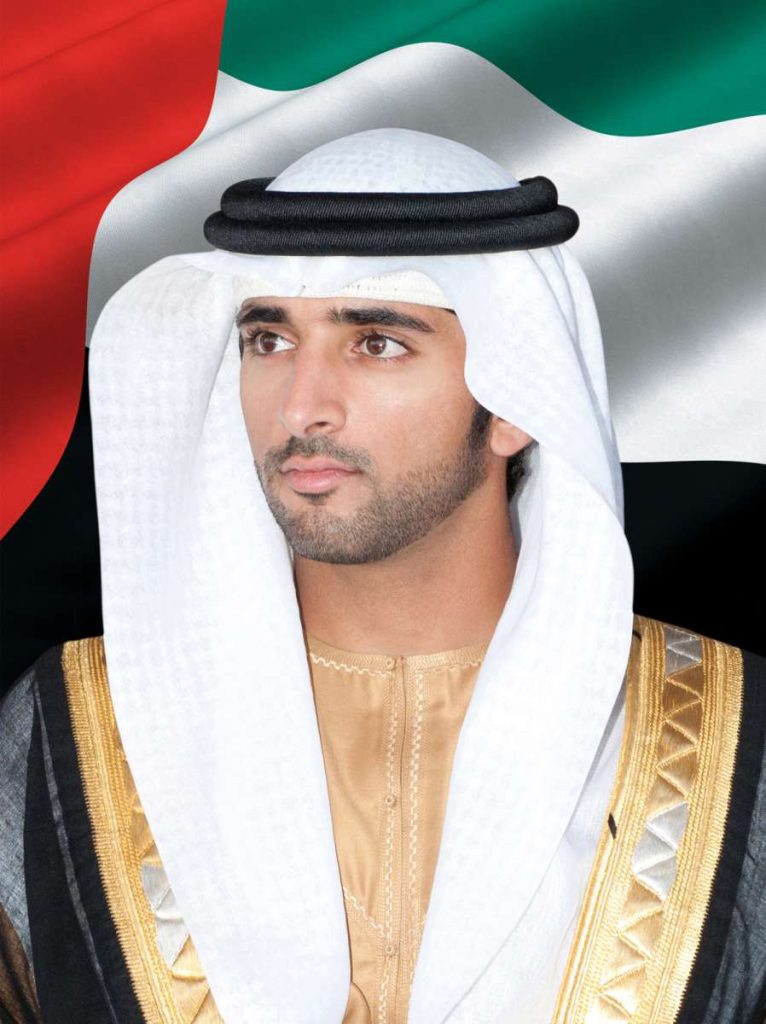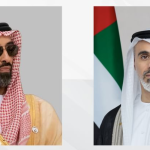The Dreams experiment employs the innovative DRY EEG system to investigate the sleep patterns of astronauts in the microgravity environment on the ISS…reports Asian Lite News
The Mohammed Bin Rashid Space Centre (MBRSC) has announced the successful execution of the Dreams experiment by astronaut Sultan AlNeyadi on the International Space Station (ISS). The experiment, a pivotal achievement in sleep science and space research, was conducted in collaboration with the European Space Agency (ESA), French space agency CNES, and Toulouse University Hospital.
The Dreams experiment employs the innovative DRY EEG system to investigate the sleep patterns of astronauts in the microgravity environment on the ISS. AlNeyadi wore a specially designed sleep headband equipped with an electroencephalogram sensor. This device captures a range of sleep-related data, such as sleep cycle durations and heart rate variations.
Reflecting on the experiment, Adnan AlRais, Mission Manager, UAE Astronaut Programme, said: “This project, in partnership with ESA, CNES and Toulouse University Hospital, symbolises a crucial step forward in our understanding of the human body’s adaptability in space. The knowledge we gain here is instrumental to the success of future long-duration space missions, including trips to the Moon and Mars. We are incredibly proud of the contributions made by the UAE towards the international space community.”
Sébastien Barde, Associate Director for Exploration and Human Spaceflight (CNES) said: “In addition to being a cutting-edge scientific laboratory, the ISS is also a place for international cooperation. For ESA astronaut Thomas Pesquet’s Alpha mission, the Dream experiment was developed and monitored by CADMOS as part of the French contribution. CNES is delighted that this experiment is being continued with astronaut Sultan AlNeyadi. Science knows no frontiers, as this example clearly illustrates.”
The impact of space travel on the circadian rhythms of astronauts is a crucial area of investigation for the Dreams experiment. The unique conditions aboard the ISS, where astronauts witness 16 sunrises and sunsets each day, disrupt the natural day-night cycle, significantly affecting sleep patterns. This study is intended to deliver key insights that will assist in planning and developing cognitive therapies for astronauts to improve sleep quality and overall health during extended space missions.
The outcomes of this experiment will add to the collection of hypnic and neuroscience data on the ISS, which will be studied by the scientific community. The experiment exemplifies MBRSC’s commitment to advancing the understanding of challenges and complexities of human space exploration.
The UAE Astronaut Programme is one of the projects managed by MBRSC under the UAE’s National Space Programme. Funded by the ICT Fund of the Telecommunications and Digital Government Regulatory Authority (TDRA), it aims to support research and development in the ICT sector in the UAE and raise the country’s profile on the global stage.











